See The Latest News
KEEP UP TO DATE ALL THINGS SOLAR
At The Renewable Energy Company we love to keep you updated with all the latest industry news and updates. You can also get a great insight into the day-to-day going’s on here at TREC!
- All
- Solar Questions
- Solar Products
- Solar Focus
- Specifications
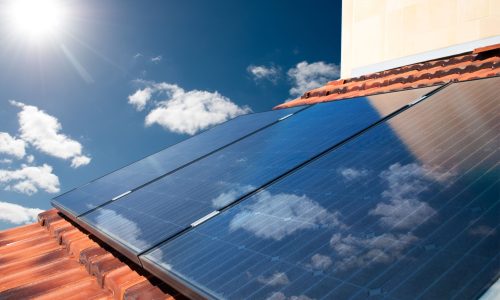
Although solar PV panels have existed for several decades now, myths still surround the cost,…
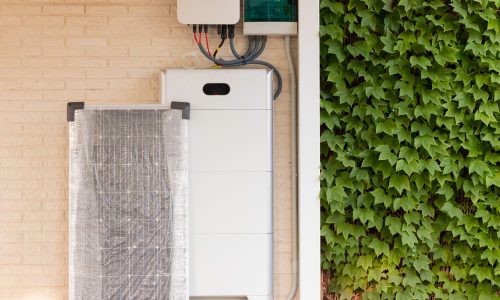
Unlock the potential of solar energy with our comprehensive guide to understanding solar inverters. Learn…
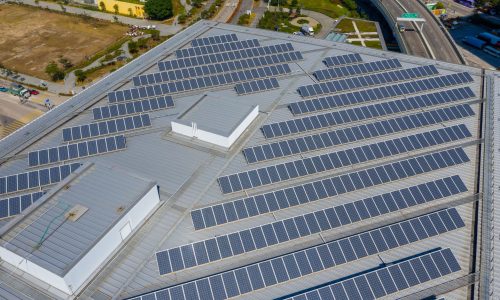
Maximise efficiency with flat roof solar panels from The Renewable Energy Company in Pakistan. Enhance…
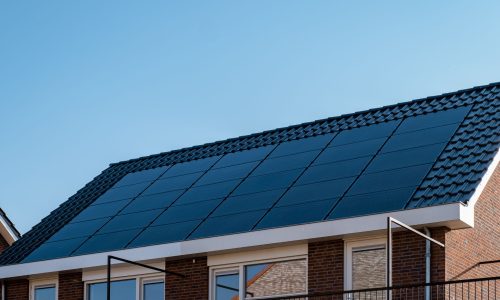
Discover the future of renewable energy with integrated solar panels. These advanced solutions seamlessly blend…
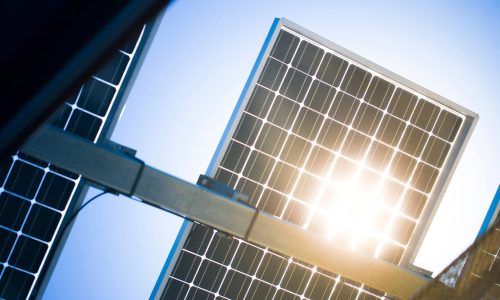
GivEnergy, a renowned British-owned battery storage manufacturer, is on a mission to empower homeowners by…
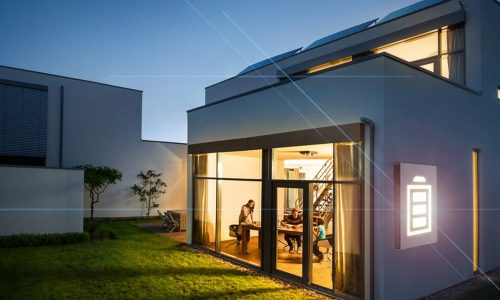
In the quest for energy independence and cost savings, many UK homeowners are turning their…

In a recent announcement on November 23, 2023, the UK energy regulator, Ofgem, unveiled the…

In today's environmentally conscious world, the shift toward sustainable practices is not just a trend;…
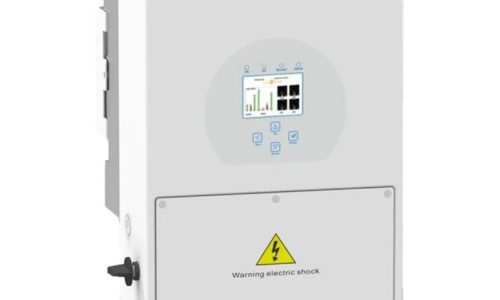
One standout product from Sunsynk is the Ecco 3.6kW Hybrid Inverter, a highly efficient tool…

